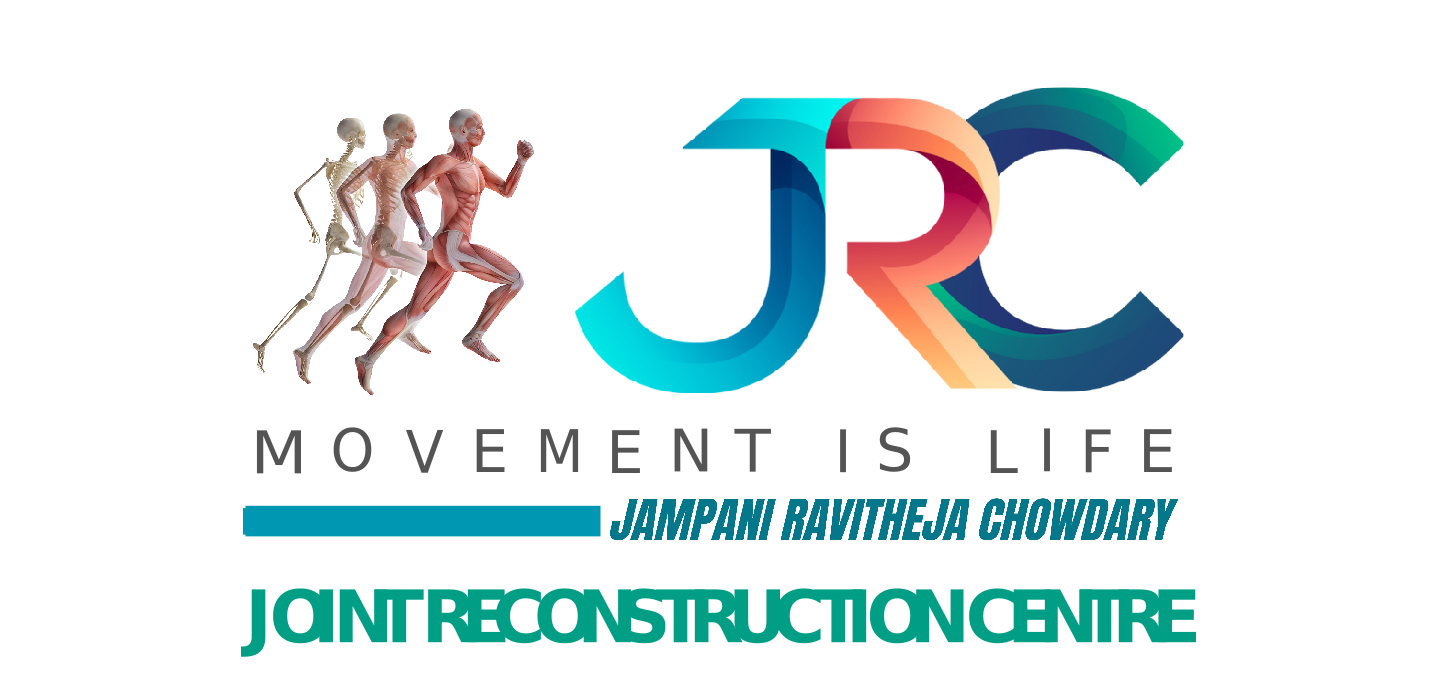Paget's disease of bone is a condition that disrupts the natural process of bone renewal, leading to weakened and possibly deformed bones. It is most commonly seen in older adults, particularly in the UK, and is rare in those under 50 years of age. While effective treatments can help manage the disease for many years, some patients may experience ongoing pain and other complications.
What Are the Symptoms of Paget's Disease of Bone?
Paget's disease can affect a single bone or multiple bones, with the pelvis, spine, and skull being the most frequently involved areas. Common symptoms include:
- Bone or Joint Pain: Patients may experience persistent discomfort in the affected areas.
- Warm Skin: The skin over the affected bone may feel unusually warm.
- Changes in Bone Shape: Visible deformities in the bone structure may occur.
- Nerve Symptoms: Some individuals may experience shooting pain, numbness, tingling, or balance issues.
It's important to note that many people may not show any symptoms, and the condition is often discovered during routine tests for other health issues.
What Causes Paget's Disease of Bone?
Paget's disease occurs when the normal remodelling process of bone is disrupted. In healthy bone, old bone is replaced by new bone through the activity of two types of cells:
- Osteoclasts: These cells absorb old bone.
- Osteoblasts: These cells create new bone.
In Paget's disease, osteoclasts absorb bone at an accelerated rate, prompting osteoblasts to produce new bone quickly. However, the newly formed bone is larger and weaker than normal. The exact cause is not entirely understood, but a family history of the condition may increase your risk.
What Are the Available Treatments?
While there is no cure for Paget's disease, various treatment options are available to help alleviate symptoms and manage the condition:
- Bone Regeneration Medications: These Medications aid in managing bone renewal and can help alleviate pain.
- Supportive Therapies: Physiotherapy and occupational therapy can assist with mobility. Devices like mobility aids or shoe inserts can also be helpful
- Surgery: Surgery may be required to address complications like fractures, severe joint damage, or deformities.
What Are the Potential Complications?
Paget's disease can lead to serious complications, including:
- Fragile Bones: Increased risk of fractures.
- Osteoarthritis: Painful and stiff joints.
- Deformed Bones: Enlargement or irregular shape of bones.
- Hearing Loss: Permanent issues may arise if the skull is affected.
- Heart Problems: Potential cardiovascular complications.
- Bone Cancer: Although rare, the risk increases with the disease.
When Should You See a Doctor?
You should consult your doctor if you experience:
- Persistent Bone or Joint Pain: Ongoing discomfort that does not go away.
- Visible Bone Deformities: Any noticeable changes in the shape of your bones.
- Symptoms of Nerve Issues: Numbness, tingling, or difficulties with balance.
Your doctor may recommend appropriate tests to evaluate your bone health and check for conditions like Paget's disease.
Understanding Paget's disease of bone is crucial for early detection and effective management. If you suspect you may be experiencing symptoms or have concerns about your bone health, consult your healthcare provider for guidance.
For further assistance and personalized care, reach out to Jampani Ravi Teja, who specializes in bone health and can assist you in managing the challenges associated with Paget's disease. Take charge of your health today.


